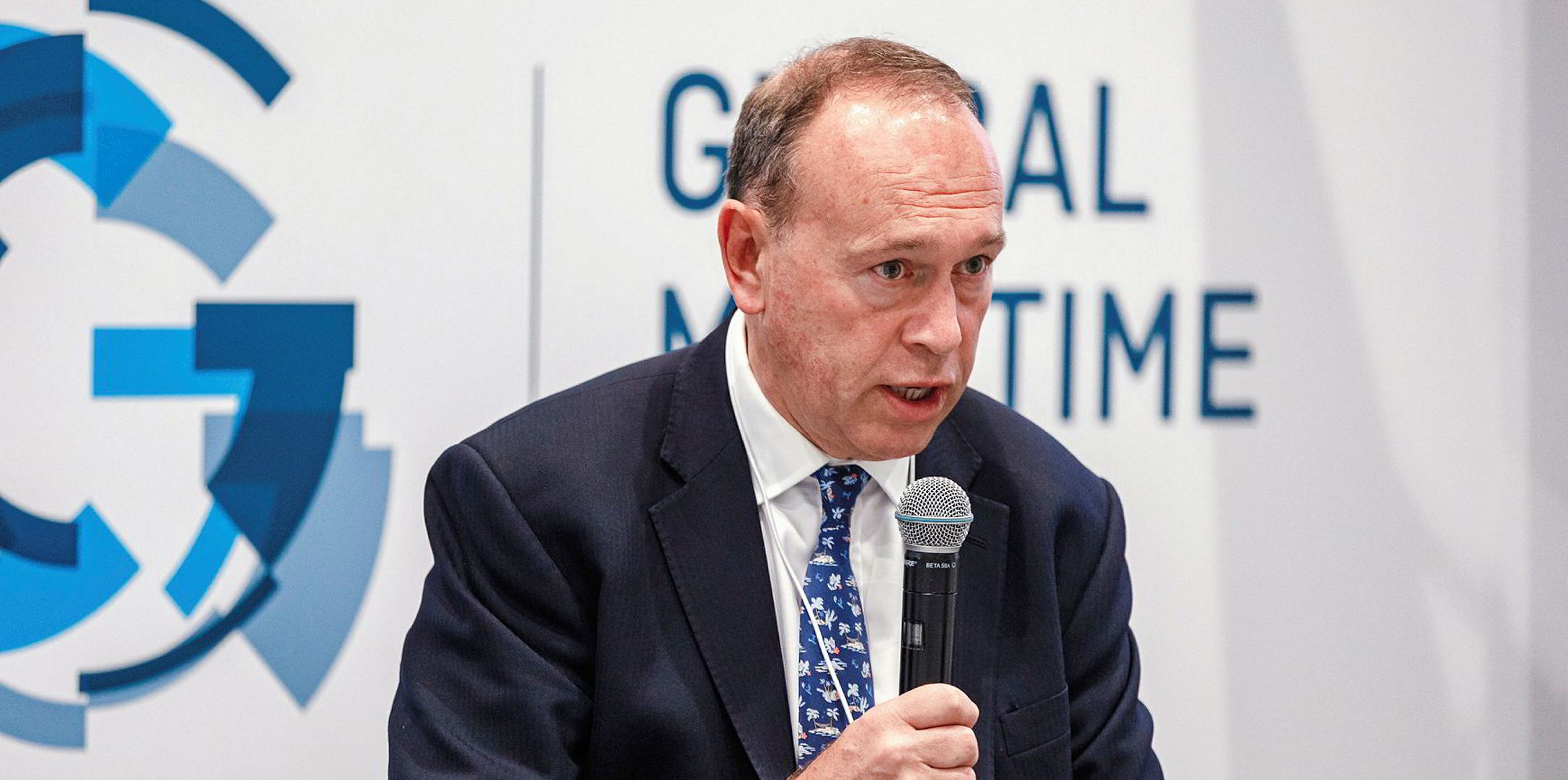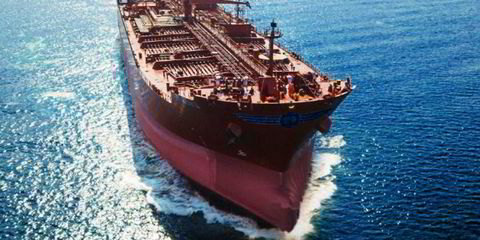There is no doubt what is top of world leaders’ agenda. “It’s the climate, stupid,” to misquote former US president Bill Clinton. As some wag commented about this week’s global summit in Switzerland, it should be called Greta 2020, not Davos 2020.
Even Donald Trump claimed to be a “big believer in the environment” and promised to plant trees. But he also told Davos delegates to reject “the perennial prophets of doom” preaching climate apocalypse.
His was a minority voice. Most people there, including Greta Thunberg herself, of course — were proclaiming the need for urgent action on climate.
This underlined that shipping needs to sail swiftly ahead with decarbonisation even as it struggles to find a way to do that.
The scale of the difficulties was highlighted last week by commodity trading and ship chartering giant Trafigura.
A “Responsibility” report from the Singapore-registered company shows its total carbon emissions, rather than falling, actually rose by a quarter last year.
Almost all of its greenhouse gases — 9m tonnes annually — are coming from maritime operations. The increase in CO2 output is attributed to factors including higher volumes of business, changes in the “assets” it holds and better reporting.
Admirable honesty
That last reason is worth dwelling on. Trafigura admits it is still fine-tuning its methodology and that it found errors in its reporting last year.
This is admirably honest from a company that has historically shunned the limelight but has attracted bad headlines over scandals, most notably the dumping of toxic waste in Ivory Coast, or, through intermediaries, the Car Wash corruption case in Brazil.

But drilling down into their own carbon footprint is the way all companies need to go. It is unrewarding in the short term, as rising CO2 output will attract the opprobrium of Greta and the like.
But for the IMO to meet its goal of halving greenhouse emissions by 2050, we need to be honest and track exactly where the emissions are coming from.
In fact, Trafigura last year joined AP Moller-Maersk, Shell and scores of other companies and organisations (including the World Economic Forum, which organises Davos) aiming to build zero-carbon ships within 10 years through the Getting to Zero Coalition.
This would help meet the kind of targets that Greta and the Paris climate agreement want.
Big banks such as Citigroup, Societe Generale and DNB have developed the Poseidon Principles to prioritise lending to shipowners going green. Citigroup chief executive Mike Corbat used the Davos meeting to call for changes in the carbon market to improve pricing and penalise polluters.
As Davos underlines, shipping needs to sail swiftly ahead with decarbonisation even as it struggles to find a way to do that
Meanwhile, BlackRock, the biggest asset manager in the world, with $7trn-worth of assets under its control, said it will prioritise low-carbon investments and offload some of its fossil fuel holdings.
Shipping companies need to embrace the energy transition, but they also need to be careful about shouting too loudly about their green credentials before really walking the walk.
Western oil majors have invited scorn by launching big advertising campaigns based round clean energy. With less than 10% — some say 1% — of their capital expenditure going on non-fossil fuel activities, it is dangerous for oil companies to boast about their leading role in the energy transition.
Sceptical public
And the public is sceptical: the oil producers are struggling to retain their “social licence” to operate.
Last week, the Royal College of General Practitioners withdrew its offer to host a London conference by the trade association Oil & Gas UK. The college said it could not host an organisation that “threatened public health by promoting the use of fossil fuels”.
Nick Butler, a former BP executive and government advisor, said this week that oil companies are becoming dangerously excluded from ministerial policymaking.
It’s going to cost a lot of money — $1.4trn, some claim — to transform the maritime world to low-carbon, and that bill must be spread. But the alternative is a planet hit by worsening Australian bush fires, mass migration and dying oceans, as Greta — and now even BlackRock — might say.






